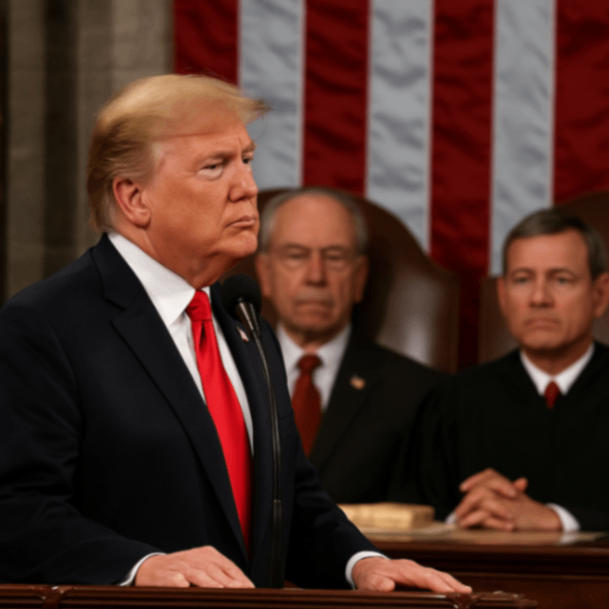
If Trump’s Reciprocal Tariffs Are Ruled Illegal—What Changes for America?
A federal appeals court ruled that Trump’s “reciprocal tariffs” went beyond presidential authority. The decision is not final but challenges a major trade tool. The court noted the International Emergency Economic Powers Act of 1977 allows regulation during emergencies but does not grant unilateral tariff powers. Steel and aluminum duties remain under separate laws, yet the case raises a bigger issue: who truly controls U.S. trade policy—the president, Congress, or the courts? Until the Supreme Court decides, America faces uncertainty over whether tariff power should rest with one leader or stay within democratic oversight. 💬 Opinion 1 : Legal Limitation Strengthens Democracy Supporters see the ruling as a safeguard. Allowing a president to impose tariffs freely undermines checks and balances. Congress must retain its constitutional role in trade, and limits prevent emergency powers from being abused. For them, this decision protects both the economy and democracy by keeping short-term politics from overwhelming long-term stability. 💬 Opinion 2 : Unrestricted Tariffs Empower Trade Strategy Others argue presidents need speed and flexibility. In volatile markets, waiting for Congress risks losing leverage. Swift action lets the U.S. pressure rivals and secure better deals for workers. Restricting that authority could weaken America’s global position. From this view, strong presidential power is not a threat but a competitive advantage. Questions for Debate Should tariffs be controlled by Congress for accountability, or left to the president for fast action? If the Supreme Court upholds the ruling, how will U.S. trade credibility shift? What safeguards ensure emergency powers serve citizens, not politics?
flo-mfw
Views 31 • (Edited)